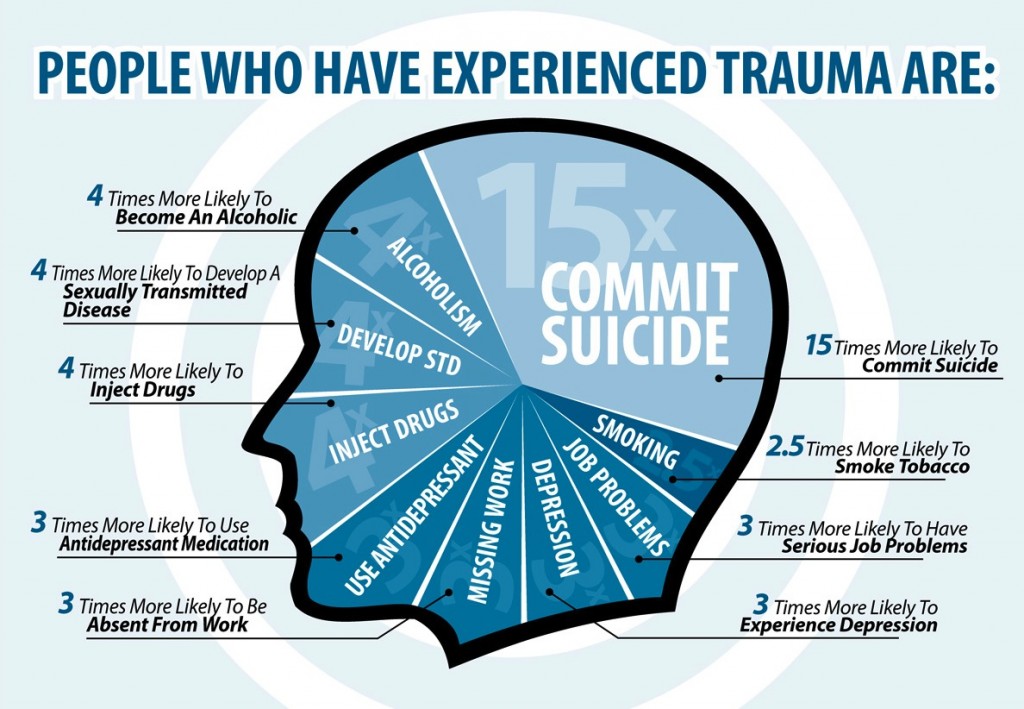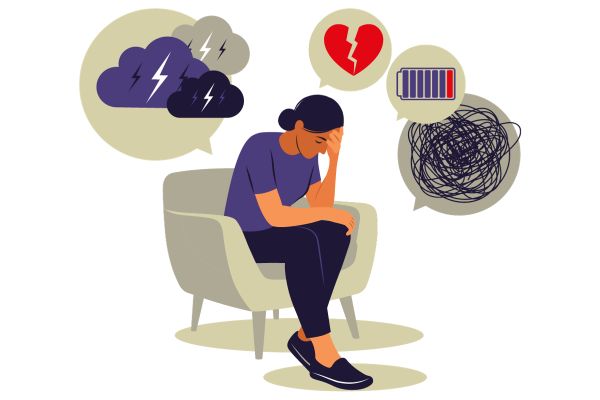Stressors are adverse events that foster helplessness and expose an individual to psychological, emotional and often, physical impact. They have witnessed abuse, accidents, violence, natural disasters and great personal losses and most of them do not go away from one’s head and even the body after the incidence happens. Therefore this article aims at explaining why trauma always leaves behind a scar as well as giving an insight on the way it is dealt with.
The Brain and Trauma: Lasting Changes
If a person is traumatized, his or her brain has no choice but to switch to the ‘fight or flight’ mode. The amygdala, the area of the brain responsible for hatred and threats, becomes overstimulated and actually causes the person to become more watchful of any threats. On the other hand, hippocampus which has a role of distinguishing between past and the present and has in charge of memories may reduce in size. This leads to a failure to discern that a traumatic event is over, physically or emotionally, or in other words, reliving or indefinitely perceiving a threat.
The part of the brain likely to be adversely affected is the prefrontal cortex that is used for thinking straight and controlling emotions. This puts the life of trauma survivors at a disadvantage in handling out emotions and consequent decision making and focus, hence affirming the experiences of feeling overwhelmed or ‘stuckness’.
The Body Remembers
It’s therefore important to understand that trauma is not only psychological, but it is soma too. Persistent stress from trauma affects the nervous system in the body, which may affect ones sleep, musculoskeletal pain, digestion as well as immune system. This was described as ‘somatic memory’ and draws attention to how the effects of trauma, can be felt bodily even when they are not consciously remembered.
Why Are These Scars So Persistent?
-
Reinforcement of Negative Patterns: The brain’s neuroplasticity allows it to adapt, but trauma often reinforces fear and pain pathways, making these responses habitual.
-
Triggers: Everyday sights, sounds, or smells can unconsciously remind individuals of the trauma, reigniting stress and anxiety.
-
Lack of Resolution: Without proper support or intervention, traumatic memories remain unresolved, continually affecting the person’s mental and emotional state.
Emotional and Psychological Scars
Trauma often leaves emotional and psychological imprints, including:
-
Post-Traumatic Stress Disorder (PTSD): PTSD involves recurring memories, nightmares, and heightened reactions to triggers. It disrupts daily life and relationships, making recovery challenging.
-
Shame and Guilt: Many trauma survivors blame themselves for what happened, leading to feelings of worthlessness and self-doubt.
-
Isolation and Mistrust: Traumatic experiences can make individuals feel disconnected from others, fearing judgment or further harm.
These effects are compounded when individuals lack a supportive environment or face societal stigma that discourages discussing or addressing trauma
Physical Manifestations of Trauma
The scars of trauma are not limited to the brain; they also extend to the body. When someone is exposed to chronic stress from a traumatic event, their nervous system stays in a state of hyper arousal, which can cause:
-
Insomnia: Difficulty sleeping or staying asleep due to persistent feelings of unease.
-
Chronic Pain: Tension, headaches, or unexplained physical discomfort tied to emotional distress.
-
Digestive Issues: The gut-brain connection means trauma can disrupt digestion, leading to irritable bowel syndrome (IBS) or other gastrointestinal problems.
-
Weakened Immune System: Persistent stress weakens the immune response, leaving individuals more susceptible to illnesses.
Healing and Recovery
Although trauma leaves deep scars, healing is possible with the right approaches:
-
Therapeutic Support: Other CBT and EMDR can educate patients on how to process trauma in a more effective way including the emotions tied to such processing.
-
Building a Support Network: People near relatives love ones or support groups can help in the provision of validational releases, which are critical in the recovery processes.
-
Mindfulness and Relaxation Practices: Meditation, Yoga, and Deep breathing are some of the ways to help the body relax the nervous system and offer resistance.
-
Self-Compassion and Patience: Healing is not linear. It takes time and personal understanding, where people can strive towards various simpler goals to work towards their recovery.
